Deep state puppet Muhammad Yunus, the self-proclaimed chief adviser to the Jamaat-controlled illegitimate interim government, on Wednesday made a lot of deceptive claims about mob violence, elections, and media freedom in Bangladesh and also provoked hatred and mob violence against the Awami League by showing arrogance.
Despite domestic backlash over allegations of power abuse, nepotism, mass arrests, economic decline, and geopolitical concerns, such as the Rakhine Corridor and foreign control of Chittagong Port, journalists at the event asked no questions on these issues.
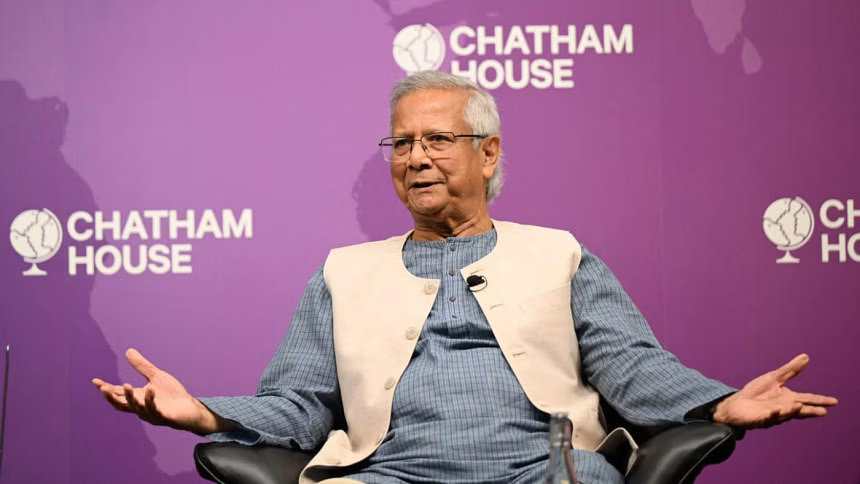
Notably, they did not address the two-day protest by Awami League supporters outside Yunus’ hotel, which went unreported by Bangladesh’s mainstream media. Instead, local outlets published stories of a pro-Yunus rally in London, sourced from his press wing.
Initially billed as a state visit with a meeting with UK Prime Minister Sir Keir Starmer, the trip was later revealed to be centred on Yunus receiving an award from King Charles, with no confirmation of a meeting with Starmer.
Yunus also faced no questions about his extensive international travel—visiting 11 countries in 10 months, with only one trip being bilateral, or the large entourage accompanying him.
On the proposed “July Charter,” which outlines reforms and potential indemnity for violence during recent regime-change protests, Yunus dismissed the idea of a referendum, claiming the public might not grasp its complexities.
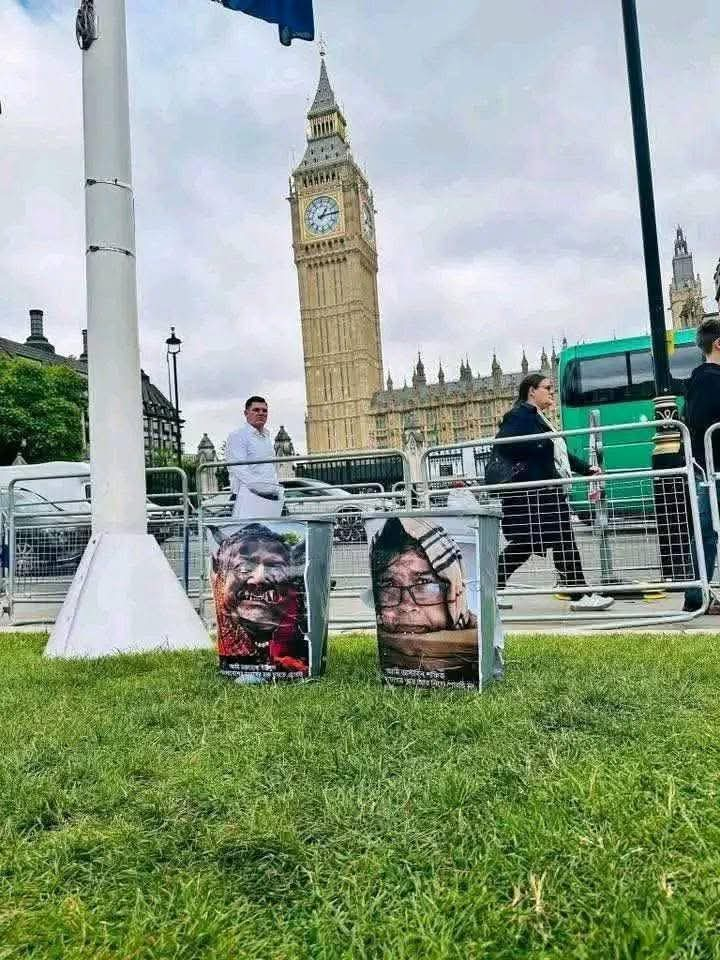
Critics, however, point to his declining popularity, evident at recent National Citizen Party (NCP) events, which he supports, as the real reason for avoiding public input.
Yunus described the upcoming parliamentary election, slated for April 2026, as “the most beautiful election” in Bangladesh’s history. However, scepticism abounds due to reported politicisation of the Election Commission, administration, and educational institutions overseeing the polls.
Many question Yunus’ claims of political neutrality, as several cabinet members favour delaying elections and supporting NCP, Jamaat-e-Islami, and other Islamist groups.
More importantly, 95% of the political parties and the army want elections before December.
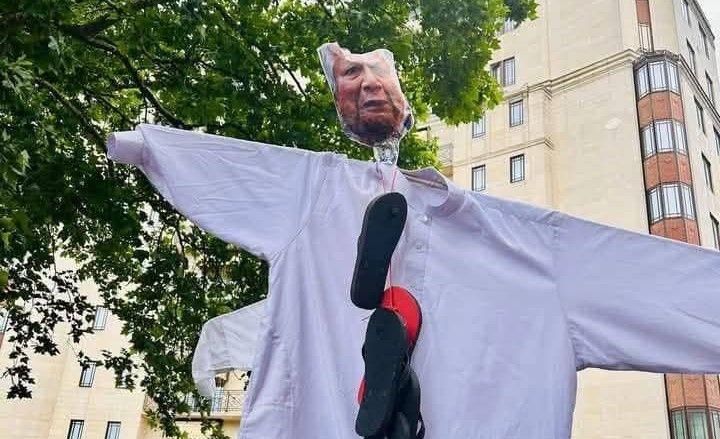
On press freedom, Yunus claimed the media enjoys unprecedented liberty. Yet, reports indicate over 1,000 journalists have lost jobs, replaced by pro-government hires, while media offices face attacks by pro-government mobs. Intelligence officials dictate content, including media trials of Awami League leaders.
The blackout of the London protests and the absence of Awami League statements in Bangladeshi media since August further undermine Yunus’ claims.
Yunus justified the suspension of Awami League activities on May 12, citing public safety pending investigations. However, over 360,000 Awami League members and affiliates have reportedly been arrested since August in over 80,000 cases, with half still detained without trials.

Allegations of false charges, mistreatment in custody, and disregard for the rule of law have fueled doubts about the interim government’s intentions. The party alleges that hundreds of its leaders and activists have been killed in mob violence and targeted attacks, forcing many to leave the country.
While Yunus blamed the Awami League for protester deaths, disappearances, and corruption during the July-August unrest, reporters did not challenge him on similar issues under his administration.
Critics note that his government granted indemnity to protesters except in cases of targeted killings and arson, yet law enforcement’s use of force remains controversial.
Social media posts by Awami League and rights activists allege Yunus’ allies orchestrated anarchy to frame the police and Awami League leadership, with some government supporters and extremist groups claiming responsibility for attacks.
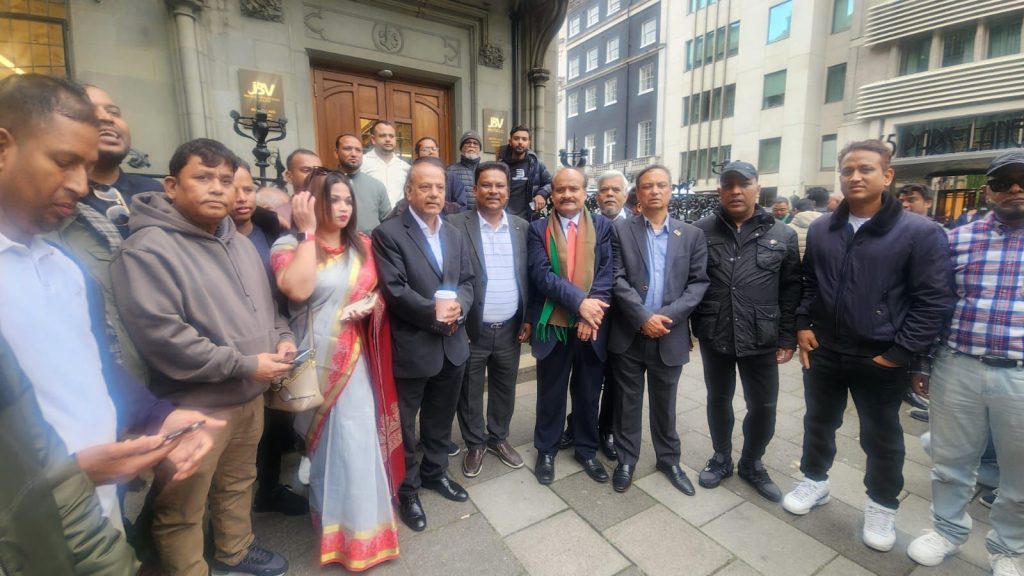
Regarding the demolition of Sheikh Mujibur Rahman’s Dhanmondi 32 residence-turned-museum, Yunus attributed the August 5 destruction to uncontrollable unrest but avoided addressing a second phase of demolition and arson on February 5, allegedly incited by NCP leaders online. Neither the police nor the army intervened, and no legal action followed.
In a previous interview, Yunus slandered a Voice of America reporter for asking the question of demolition of Bangabandhu’s house and the sculptures of the Liberation War, saying that the students whom he patronises had pressed the “reset button.”
On Sheikh Hasina’s stay in India, Yunus said he urged Indian Prime Minister Narendra Modi to restrict her social media activity addressing Bangladeshis, but Modi cited his inability to control it.
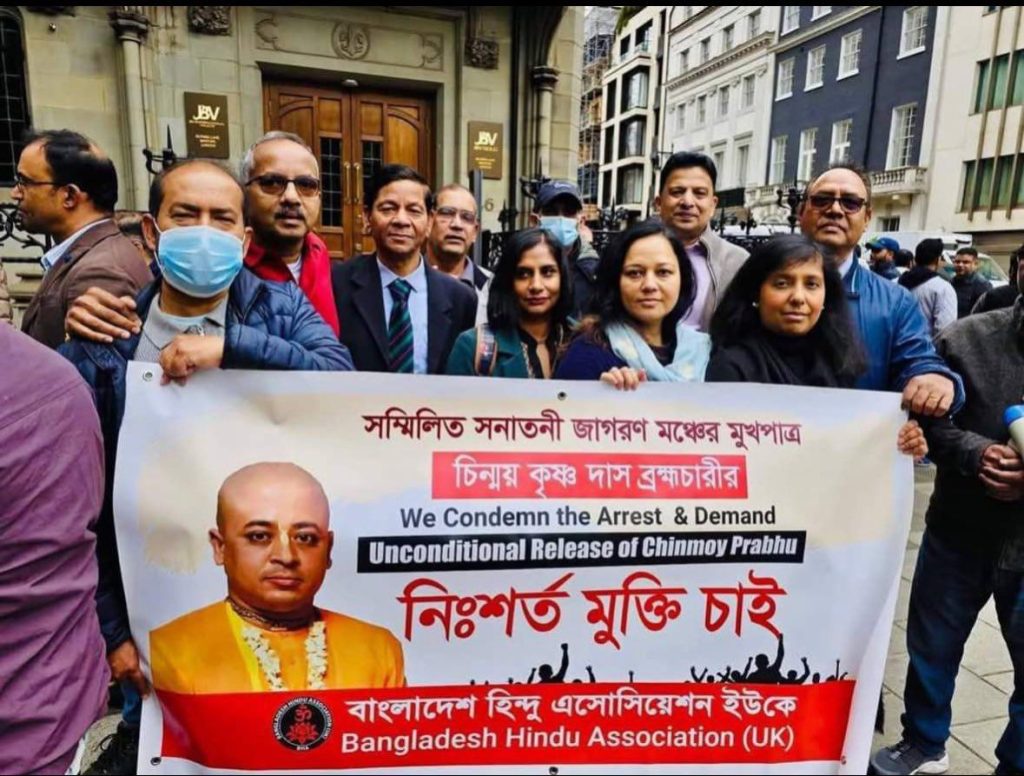
“What can I say now? This is an explosive situation and you can’t just walk away saying this is social media,” Yunus said.
He added that his government has sought Hasina’s extradition via a diplomatic note and International Crimes Tribunal (ICT) arrest warrants, with plans to involve Interpol.
However, the extradition treaty requires a conviction, and Human Rights Watch has raised concerns about the ICT’s neutrality, noting its leadership includes a Jamaat supporter and the chief prosecutor with ties to war criminals from 1971.
The chief prosecutor’s promise of swift trials and capital punishment has further alarmed observers.
Moreover, the interim government’s release of a convicted war criminal from jail after his acquittal by the Supreme Court further exposes the absence of the rule of law.
On women’s rights, Yunus highlighted the inclusion of three women in his cabinet but faced criticism for failing to protect women from radical Islamist groups aligned with his government, a point even his supporters have condemned.